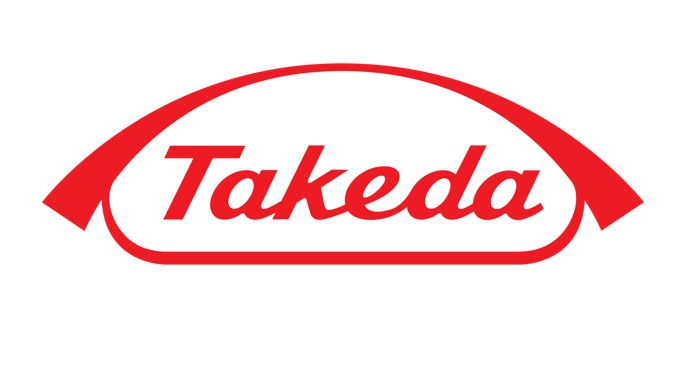Takeda to sell European OTC business to cut debts

Japan’s Takeda has said it would sell up to $670 million of over-the-counter (OTC) drug operations in Europe to cut its debts.
Takeda, Japan’s biggest pharma company, has pledged to sell $10 billion in non-core assets after its $59 billion purchase of Shire, completed in January last year.
The merger saw Takeda break into the top 20 largest pharma companies in the world, but also left it with billions of dollars in debts after it took out huge bank loans to complete the merger.
The company made the announcement ahead of its full-year earnings, due on 13 May.
Takeda said it would sell selected OTC and prescription products that are sold in Europe to Denmark's Orifarm Group.
The sale includes two manufacturing sites in Denmark and Poland and will amount to about $670 million subject to customary legal and regulatory closing conditions.
The announcement followed a report by Nikkei Business that Takeda was seeking to sell its Japan-based consumer health unit for around 400 billion yen ($3.72 billion).
Possible buyers of Takeda Consumer Healthcare Co include Taisho Pharmaceutical Co and large investment funds, Nikkei reported.
Takeda and Taisho have not commented publicly on the matter.
“The Japanese consumer healthcare business is not one of the company’s core businesses and has little to no overlap with them, so this divestiture does not surprise me,” Morningstar analyst Jay Lee told Reuters.
Takeda completed $7 billion of divestments in 2019, including assets in the Middle East and Africa.
It also sold the dry-eye drug Xiidra, originally developed by Shire for $5.3 billion to Novartis.
Takeda announced last month the sale of non-core products in Latin America to Hypera Pharma for $825 million.
Takeda's shares rose 2.2% in Tokyo trading versus a 0.9% drop in the broader market, although Reuters noted that Takeda's shares are still down 14% so far this year.
Takeda has continued to make smaller acquisitions following the merger, snapping up US biotech PvP Biologics in February for $330 million and adding a potential coeliac drug to its pipeline.












